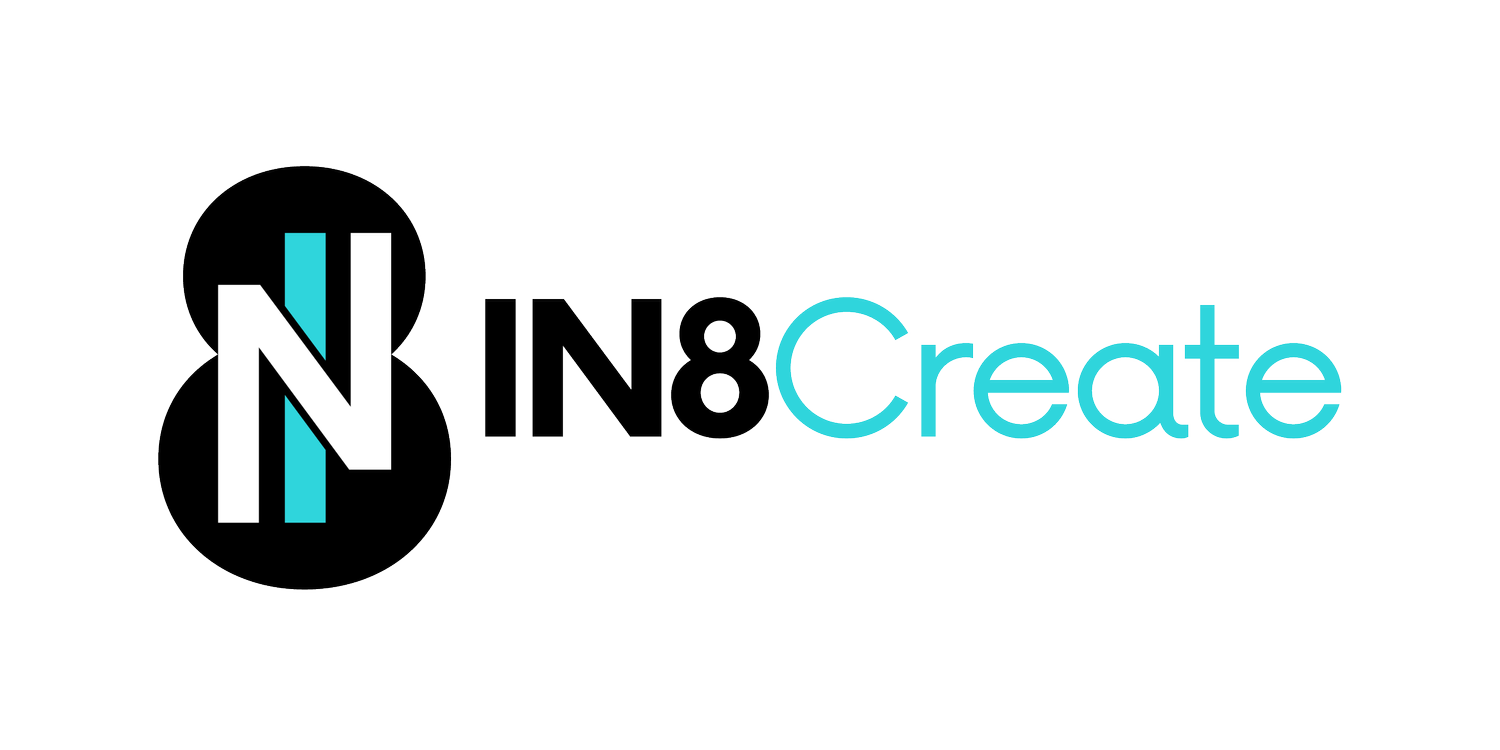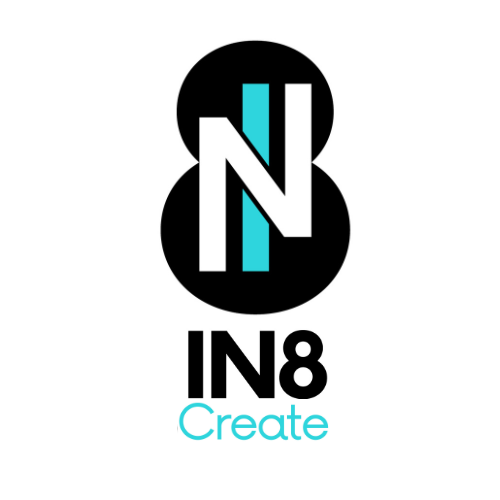The Spaghetti Tower Challenge
Why Kindergarteners Destroy MBAs at Teamwork
This is an actual spaghetti tower our founder, Brandon, helped to build many years ago!
Have you heard of Peter Skillman's Spaghetti Tower Challenge? (If you haven't participated yet, spoiler alert: I'm about to ruin the surprise.)
I did this exercise a few years back, and what happened completely flipped my understanding of how teams really work.
The Setup
Teams get 18 minutes. Four ingredients: 20 sticks of spaghetti, one yard of masking tape, one yard of string, and one marshmallow. Build the tallest free-standing structure with the marshmallow on top.
That's it. Sounds easy, right?
Peter Skillman (former VP of Design at Palm, later Nokia) and Tom Wujec (Fellow at Autodesk) have run this spaghetti tower challenge with thousands of people. Business school students, lawyers, engineers, CEOs—you name it.
The kindergarteners kicked everyone's butt.
Not kidding. While MBA students averaged around 10 inches and lawyers did even worse, kindergarteners consistently built towers averaging 26 inches. They didn't just win—they obliterated the competition.
Why Five-Year-Olds Embarrass Educated Adults
Here's what the business students did: They held meetings. They planned. They strategized. They debated who should be "CEO of Spaghetti, Inc." They spent 15 minutes talking and 3 minutes building.
Then they stuck the marshmallow on top.
Collapse.
Crisis mode. Panic. Game over.
Here's what the kindergarteners did: They started building. Immediately. No meetings, no power struggles, no grand plans. Just... "Let's try this!"
They built something. It fell down. "Okay, let's try that!" They built again. It fell down again. "What about this way?"
By minute 18, they'd tried a dozen different approaches and landed on something that actually worked.
The Real Lesson (It's Not About Building)
This isn't about spaghetti or marshmallows. It's about how teams approach any challenge.
The adults were optimizing for looking smart. The kids were optimizing for learning fast.
The adults committed to their first idea. The kids treated every idea as a cheap experiment.
The adults feared failure. The kids expected it.
The marshmallow represents every project's hidden assumptions—the stuff you don't discover until you actually build something. Business students assume it's light and fluffy. (It's not. It's dense and heavy and will collapse your carefully planned tower.)
Every project has its marshmallow moment. That integration that should be simple but isn't. That feature that seems straightforward until you try to build it. That client requirement that seemed clear until you deliver.
What This Means for Your Team
1. Put that ego aside. The kindergarteners didn't waste time figuring out who was in charge. They just started solving the problem.
2. Don't overly judge ideas initially. Those five-year-olds tried everything. No idea was too stupid to test.
3. Try things intelligently. Not randomly—intelligently. Build, test, learn, iterate. Fast.
4. Seek failure like a scientist tests a hypothesis. The kids expected things to fall down. So when they did, it was just data, not defeat.
The kindergarteners understood something the MBAs forgot: learning by doing is the fastest way to get real feedback.
You can't think your way to the right answer when you don't know what you don't know. You have to build your way there.
The Question That Matters
Think about your team's last big challenge. Did you spend more time planning the perfect solution or building and testing multiple approaches?
Because here's the thing: while you were in that third planning meeting, the kindergarteners were already on prototype number seven.
And theirs was taller.
NEW: The Modern Workplace Connection (09/2025 Update)
Remote Team Dynamics
The spaghetti tower challenge reveals something crucial about remote and hybrid teams. When you can't physically build together, teams often default to the "MBA approach"—endless planning calls, detailed documentation, and elaborate project management systems before anyone touches actual work.
Sound familiar? You probably recognize this pattern:
45-minute "alignment meetings"
Detailed technical specifications that miss key user needs
Perfect project plans that crumble on first customer contact
AI Integration Challenges
As teams adopt AI tools in 2025, the spaghetti tower principle becomes even more relevant. Organizations spending months debating the "perfect" AI strategy while competitors are already experimenting with multiple tools and learning what actually works.
The kindergarten approach to AI: Start small experiments, test with real users, iterate quickly based on actual results rather than theoretical frameworks.
NEW: Industry-Specific Applications
Software Development Teams
The MBA Approach: Sprint planning that consumes 20% of sprint time, detailed user stories that miss actual user behavior, architecture decisions made in conference rooms.
The Kindergarten Approach: Prototype with users early, deploy small features quickly, learn from real usage data.
Marketing Teams
The MBA Approach: Six months of market research before launching any campaign, perfect creative briefs, extensive competitor analysis.
The Kindergarten Approach: A/B test multiple approaches simultaneously, real-time optimization based on actual performance data.
Leadership Development
The MBA Approach: Comprehensive leadership assessment programs, detailed development plans, quarterly performance reviews.
The Kindergarten Approach: Regular micro-experiments in leadership style, immediate feedback loops, quick pivots based on team response.
NEW: The Neuroscience Behind the Results
Recent research in cognitive psychology explains why kindergarteners consistently outperform adults:
Cognitive Load Theory
Adults carry the burden of "looking competent" while solving problems. This cognitive load reduces actual problem-solving capacity. Children, free from status concerns, use their full cognitive resources for the task.
Fear of Failure Response
MRI studies show that fear of failure activates the brain's threat-detection system, reducing creative thinking. Kindergarteners' brains don't yet have fully developed threat-detection patterns, allowing for more experimental approaches.
Social Dynamics Impact
Adults unconsciously compete for social dominance within teams, reducing collaborative effectiveness. Children naturally collaborate without hierarchical concerns.
NEW: Measuring Your Team's "Marshmallow Moment" Readiness
Quick Assessment Questions:
Planning vs. Doing Ratio: How much time does your team spend in planning meetings versus hands-on work?
Iteration Speed: How quickly can your team test a new idea and get real feedback?
Failure Response: When something doesn't work, does your team analyze what went wrong or immediately try a different approach?
Status Concerns: Do team members focus more on appearing competent or actually solving problems?
Red Flags Your Team Needs a Kindergarten Mindset:
Meetings to plan meetings
Detailed documentation that nobody references during actual work
Analysis paralysis when facing new challenges
Blame assignment after failures instead of rapid iteration
Hierarchy concerns slowing down problem-solving
The Question That Matters
Think about your team's last big challenge. Did you spend more time planning the perfect solution or building and testing multiple approaches?
Because here's the thing: while you were in that third planning meeting, the kindergarteners were already on prototype number seven.
And theirs was taller.
Taking Action (Your Next Steps)
This Week:
Identify your team's next "marshmallow moment"—a project with hidden assumptions
Set a 48-hour experiment rule—any new idea gets tested within two days
Create a "failure celebration" ritual—acknowledge rapid learning from what doesn't work
This Month:
Run your own spaghetti tower challenge with your team (seriously, do this)
Track your planning-to-doing ratio and optimize for more building time
Implement "kindergarten sprints"—short bursts of experimentation before longer planning cycles
This Quarter:
Redesign your project kickoff process to start with small experiments rather than comprehensive plans
Establish rapid feedback loops with actual users/customers/stakeholders
Measure iteration speed as a key team performance metric
Want to see how your team performs under pressure? The spaghetti tower challenge reveals team dynamics that traditional assessments miss. Contact us to design a custom team diagnostic that uncovers your hidden collaboration patterns.
Related Reading:



